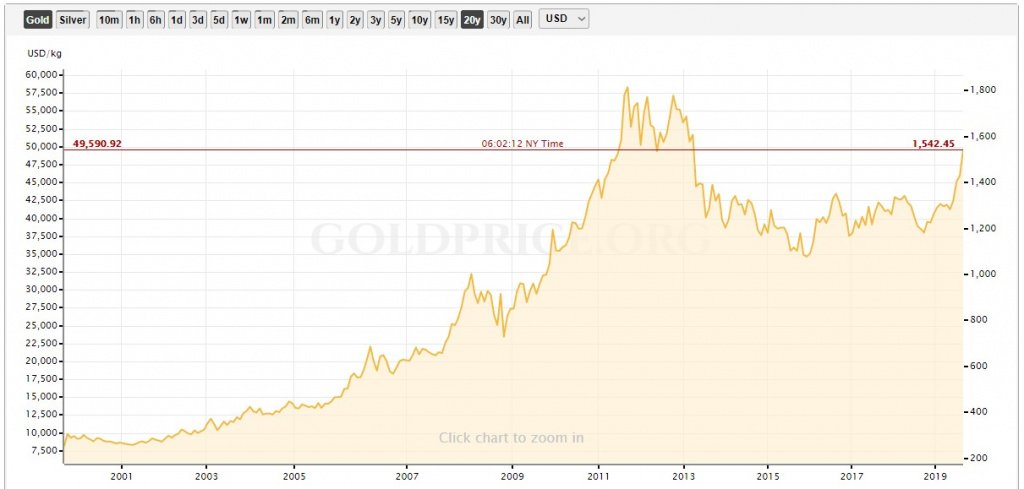Bitcoin ETF: Will SEC Concede By The End of 2019?

During its relatively short popularity, Bitcoin managed to get its futures listed on Chicago exchanges, and now the turn of ETF has come.
Even if the funds are enough, it is almost impossible for an individual to collect such portfolios, especially in foreign markets. By issuing derivatives, the ETF issuer does all the work for the investor. This is one of the most popular ways of investing worldwide, you can invest in completely different economic sectors of many countries.
The reason why SEC approval is so long-awaited, is simple. As a rule, after the emergence of exchange-traded funds, the value of the underlying asset rises. This is logical, as more investors have the opportunity to buy ETFs in exchange for goods that were previously difficult to buy. Demand moves the fund’s price up, which immediately leads to the growth of the underlying asset. Of course, only if there is a demand for one or another ETF. In the Bitcoin case, applications were sent by well-known companies, so the increase in demand and prices is extremely likely. Below is a chart of gold, the first exchange-traded fund of which appeared in 2003. Since bitcoin is often compared with yellow metal, a similar dynamic is expected.

Gold price chart. Source: https://goldprice.org
Joel McLEOD, CEO at Stadivm:
«The approval of any of the 3 pending Bitcoin ETF applications currently being considered by the SEC would have an unprecedented upwards influence on the price of Bitcoin, and by proxy, the entire cryptocurrency market. The groups behind the Bitcoin ETF proposals, Bitwise, VanEck/SoldX and Wilshire Phoenix, are highly connected and respected within traditional finance. This truly is a tipping point between the infancy of crypto-asset investment, and its coming of age.»
The next reason to reject an application for ETF is the increase in trading volumes on cryptocurrency exchanges. This is the standard practice of the exchanges, which they use to avoid a fall in the ranking on aggregator sites and not to miss profit. For SEC, it really seems that the entire infrastructure is rather precarious for issuing a stock exchange fund on top of this fragile system. Therefore, the version of lobbying the interests of ETF opponents as the reason for the constant delays can be dismissed. As a regulator, SEC must find reasons for making a positive decision; a single abundance of the applications is not enough.
In the Bitcoin community, there is also no consensus on ETFs. The two most famous opponents are Andreas ANTONOPOULOS and Nick SZABO. Both say that Bitcoin ETFs will do more harm than good. One of the risks is the same — price manipulation. At the end of 2017, when Bitcoin almost reached $20,000, there were those who took loans for investment, which turned out to be a nightmare. The pumping of the market with money provoked an influx of investors who subsequently closed deals at a loss to repulse investments somehow, and thereby dropping the price even more. The same can happen after the adoption of the ETF.
Not a single crypto anarchist will count on ETFs, futures and other derivatives; for them, investing in Bitcoin itself is the only option. It is not yet clear whether individuals will be able to make low-volume Bitcoin ETF transactions, or whether it will be available only to institutional investors with impressive capital. In the first case, investors who want to dilute their portfolio with cryptocurrencies will be able to buy ETFs and probably earn on the exchange rate difference as much as those who bought Bitcoin.
Image courtesy of: CNN